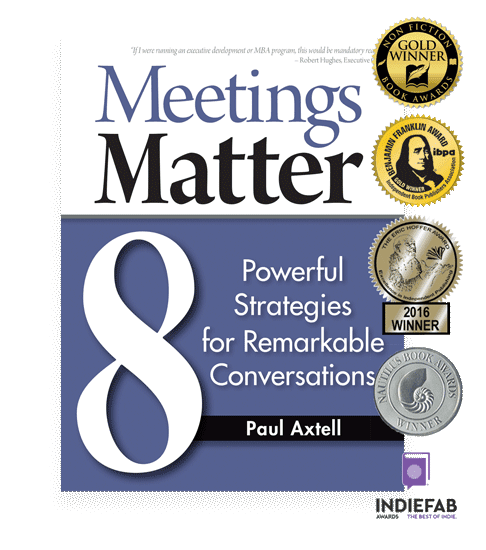I love the idea of shifting from distraction to attention. The following was shared with me by a mom of three who found simple attention to have a big impact.
If I am working one-on-one with my employees, I can listen to them with no distractions. But at home? I was terrible! I have a 10-year-old, and I think she has benefited most from my reading this book. When she comes into the room and wants to tell me about her day, I shut off the TV, I put down the laptop, and I focus only on her. What a difference! Now that she knows she has my attention, she tells me even more than ever!
“The first [way to communicate that you like your kids] is by paying close attention to your kids when they speak to you. Attention communicates that you care. Being inattentive or multitasking when they are speaking can signal that you don’t care or are not interested.”
—from page 35, Ten Powerful Things to Say to Your Kids
I also have 13- and 16-year-old boys. You were spot on in describing how we parent! We tell them what to do and yell at them when they mess up! I have changed my conversations with both of them. I no longer try to have the answer when they tell me things. I have started to ask questions to encourage them to tell me what they think should be done. This has been especially noticeable with my 16-year-old. He is starting to consider what college he wants to attend and what classes he needs for high school. Before, my approach would have been to tell him what he needed to do. Two weeks ago he was filling out his two-year plan for classes to finish high school. When he mentioned it, I started asking questions like, “What do you see yourself doing?” “What do you like in your classes now?” We had the first real conversation ever—and you are right, if we don’t help them learn to make decisions now, how do we expect them to know how when we aren’t there?
“When you ask others for their ideas, thoughts, and opinions in a sincere way, it honors not only who they are, but their ideas as well. The time to get [‘What do you think?’] into the set of questions that make up your family conversational practices is early, when children are small and willing to express themselves. Make this practice part of the fabric of your interactions, and it will be there during the teen years when it is even more critical.”
—from page 114, Ten Powerful Things to Say to Your Kids
I am far from mastering all the techniques, but the little changes so far have made such a difference in my life. I hope I am not too late to help my kids learn better behaviors when they are parents! ~Kelly
Footnote: The fact that these small changes made a big difference for Kelly’s family shows that it’s never too late! I love that the ideas in the book are so easy to implement. Paying attention—what a novel idea!



















































